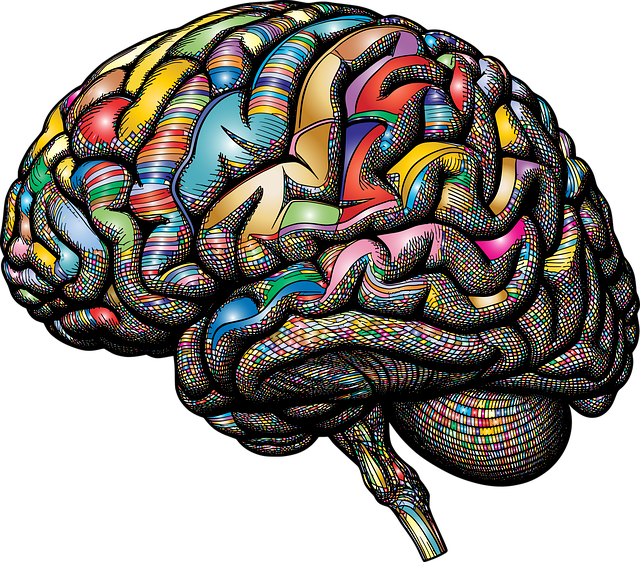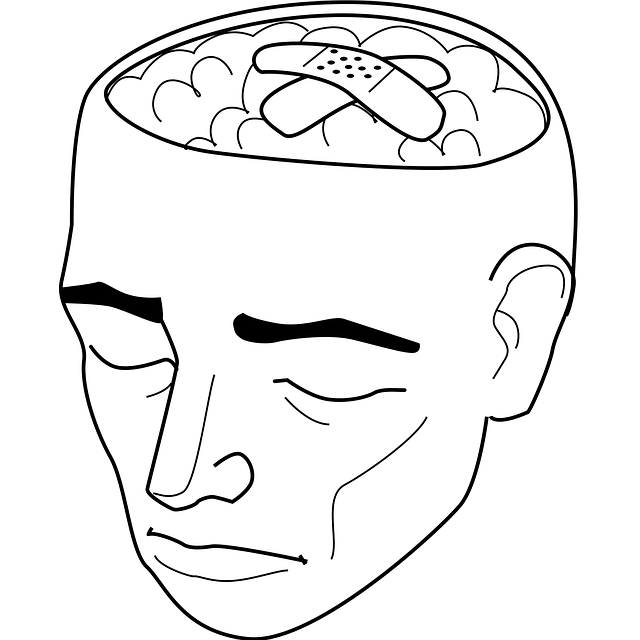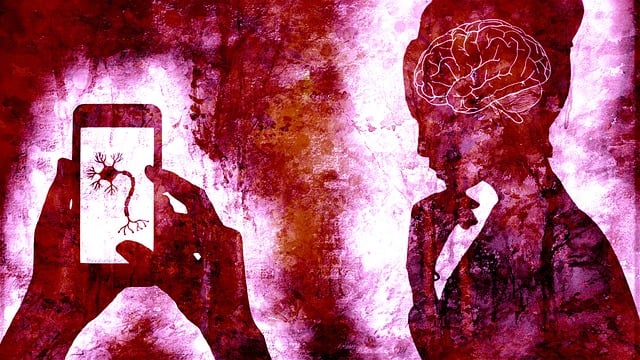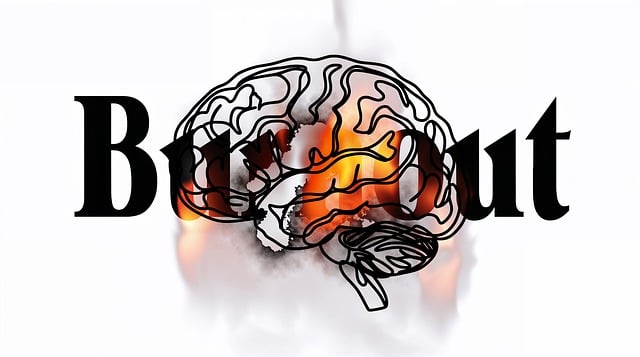Effective Boulder Bipolar Disorder Therapy demands cultural sensitivity, as each patient brings their unique cultural lens. Therapists must listen actively, adapt practices, and incorporate cultural elements like journaling for improved emotional intelligence and stronger connections. Addressing language barriers, diversity among healthcare workers, and ongoing training in cultural competence are vital. By fostering trust and understanding diverse perspectives on mental illness, therapists can enhance therapeutic effectiveness using adaptable communication and alternative techniques like mind over matter principles from global traditions. Continuous education ensures successful treatment, improving patient outcomes and satisfaction.
Cultural sensitivity is an essential aspect of providing effective mental healthcare, especially in diverse societies. This article explores the critical topic of cultural sensitivity in practice, delving into the unique challenges faced by healthcare professionals when treating individuals from various cultural backgrounds. We discuss strategies to overcome barriers, drawing on a case study of Boulder Bipolar Disorder Therapy, which demonstrates successful approaches to catering to a diverse patient population. Understanding and respecting cultural diversity are key steps towards improved mental wellness outcomes.
- Understanding Cultural Diversity in Mental Healthcare
- Challenges and Barriers to Culturally Sensitive Practice
- Strategies for Providing Effective Care: A Case Study on Boulder Bipolar Disorder Therapy
Understanding Cultural Diversity in Mental Healthcare

In the diverse landscape of mental healthcare, understanding cultural diversity is paramount to delivering effective treatment. This includes recognizing and appreciating the unique beliefs, values, and practices that shape individuals’ experiences with mental health conditions, such as bipolar disorder in Boulder. Every patient brings their own cultural lens, which influences how they perceive and express emotions, seek help, and respond to various therapeutic interventions. For instance, a patient from a community emphasizing collective over individual expression might approach therapy differently than someone from a more individualistic background.
Cultural sensitivity involves practitioners adopting an attitude of curiosity and humility, actively listening to patients’ narratives, and adapting their practices accordingly. This can involve incorporating cultural elements into therapy sessions, such as integrating mental wellness journaling exercises or compassion cultivation practices, which have shown promise in enhancing emotional intelligence and fostering a deeper connection between therapist and patient. By embracing these approaches, therapists can create a safe and supportive environment, ultimately improving outcomes for diverse populations seeking Boulder bipolar disorder therapy.
Challenges and Barriers to Culturally Sensitive Practice

In the realm of mental healthcare, fostering culturally sensitive practices is a complex task, especially when addressing diverse populations with unique psychological needs. One significant challenge arises from the potential cultural disparities between therapists and clients, particularly in communities grappling with conditions like Boulder Bipolar Disorder Therapy. Therapists may inadvertently introduce their own biases or fail to appreciate the nuances of their client’s cultural backgrounds, leading to miscommunications and mistrust. For instance, certain cultural practices that are considered therapeutic in one community might be perceived as unusual or even harmful in another.
Additionally, language barriers pose a significant hurdle, making it difficult for clients from non-dominant linguistic backgrounds to express their experiences accurately. This challenge necessitates the integration of qualified interpreters or multilingual mental health professionals. Another barrier is the lack of diversity within the mental healthcare workforce, where underrepresented groups may face limited access to care providers who understand and respect their cultural identities. Implementing strategies such as Social Skills Training and Resilience Building initiatives can help bridge these gaps. Moreover, encouraging therapists to engage in ongoing cultural competence training and promoting Inner Strength Development among clients are essential steps towards creating a more inclusive and effective therapeutic environment.
Strategies for Providing Effective Care: A Case Study on Boulder Bipolar Disorder Therapy

In providing effective care for individuals with bipolar disorder, especially within the context of Boulder Bipolar Disorder Therapy, mental health professionals must adopt an approach that bridges cultural differences and fosters trust. Empathy building strategies are paramount; healthcare providers should strive to understand the patient’s unique cultural perspective, experiences, and beliefs about mental illness and treatment. This involves active listening, open-mindedness, and the ability to adapt communication styles to ensure clarity and comfort for the individual. For instance, incorporating mind over matter principles from various cultural traditions can offer alternative therapeutic techniques that resonate with patients.
The Mental Wellness Podcast Series Production has highlighted successful cases of Boulder Bipolar Disorder Therapy where healthcare professionals have utilized these strategies. By engaging in ongoing education about diverse cultural practices and mental health beliefs, therapists can better navigate the complex landscape of treating bipolar disorder within a multicultural society. This continuous learning ensures that care is not only effective but also culturally sensitive, ultimately enhancing patient outcomes and satisfaction.
Cultural sensitivity is paramount in mental healthcare, as it ensures effective and equitable treatment for individuals from diverse backgrounds. By understanding cultural diversity and implementing strategies like those exemplified by Boulder Bipolar Disorder Therapy, practitioners can overcome challenges and barriers, leading to improved patient outcomes. Incorporating culturally sensitive practices not only respects individual identities but also fosters trust and collaboration, ultimately revolutionizing mental healthcare accessibility and quality.














